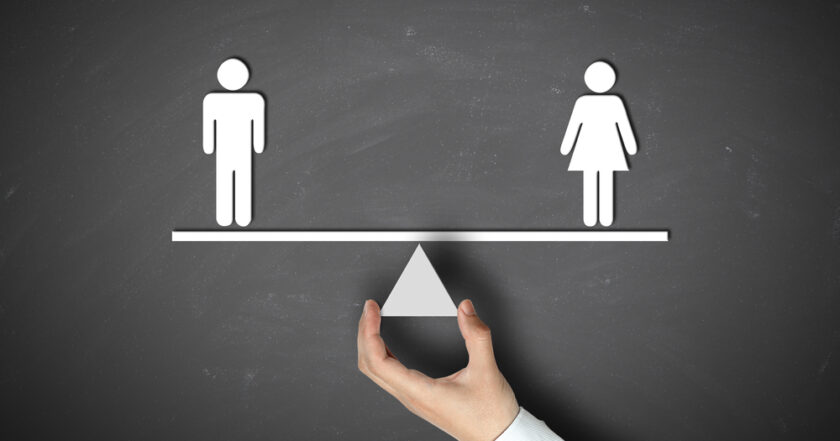Women face increased workload, salary cuts and domestic violence during pandemic

Фото shutterstock
The UNDP-supported research identified challenges and provided recommendations on how to improve the situation with women's and girls' rights during the COVID-19 pandemic.
While the COVID-19 disease doesn't discriminate in whom it infects, its consequences have a disproportionate effect on the rights of women and men.
That was the key message of the analytical report "The Impact of COVID-19 on Women's Rights in Ukraine," which was presented by the Jurfem Association of Women Lawyers of Ukraine. The report was prepared in partnership with the Office of the Government's Commissioner for Gender Equality Policy, the Equal opportunities caucus in the Verkhovna Rada with the UNDP in Ukraine support.
The research identified challenges and provided recommendations to improve the situation with women's and girls' rights during the COVID-19 pandemic, and assessed its impact on their labour and family rights. Specifically, women feel overwhelmed by the extra burden of combining housework, caregiving, and remote work – more than 56 percent of the women polled said it was negatively affecting their work.
Svitlana Kolyshko, Human Rights Team Lead and UNDP Ukraine Project Manager of the "Human Rights for Ukraine" project, stressed that to overcome the consequences of the pandemic it was vitally important to systematically monitor how human rights are observed.
"Human rights should be at the core of any decision," Kolyshko said. "To identify which human rights are being violated, or which social groups are the most vulnerable, or who is being left behind, why this is happening and how to address these issues on the national or local level – systematic monitoring and disaggregated data is required."
"That is how the state will be able to identify which bottlenecks have dramatically narrowed due to the emergency and the pandemic. This qualitative assessment will help in adopting well-designed, and balanced decisions to overcome the consequences of the pandemic and prevent new violations of human rights."
Head of the Jurfem Association of Women Lawyers of Ukraine Khrystyna Kit underlined that the crisis is a long-lasting one, and it was necessary to consider the lessons learned during the first wave of the pandemic.
"That was the main goal of the research, in which we focused on two key topics – the impact of the pandemic on work and family spheres," Kit said.
"The findings of the research provided us with interesting insights about what measures can be adopted so that the next waves of the pandemic are not so painful. The consequences of the COVID-19 are long-lasting and will be even more visible after we beat the pandemic."
The research also shows that the income of about 40 percent of the women polled decreased. Though men also faced a decrease in income, women still earned less because of the gender pay gap, which remained the same – during the pandemic women continue to be paid about 20 percent less than men.
Among other negative impacts of the pandemic is the increased number of cases of domestic violence. More than 40 percent of those who faced domestic violence among the respondents said they had never experienced it before the lockdown.
Based on the report's key findings, the experts provided their recommendations on how to address the consequences of the lockdown in the short-term and long-term perspectives. Specifically, they recommended that:
- police respond in a timely and effective manner to all cases of domestic violence, including by issuing instant restraining orders
- women in business be supported through the launch of special programmes
- employers introduce gender equality policies at work
See the report for more findings and recommendations.

















































